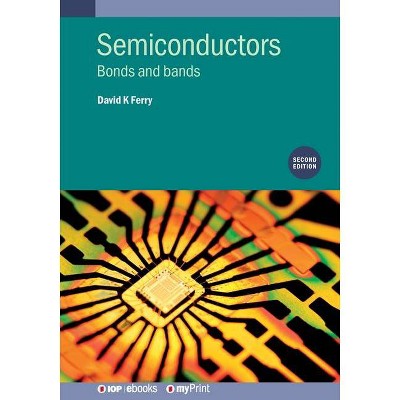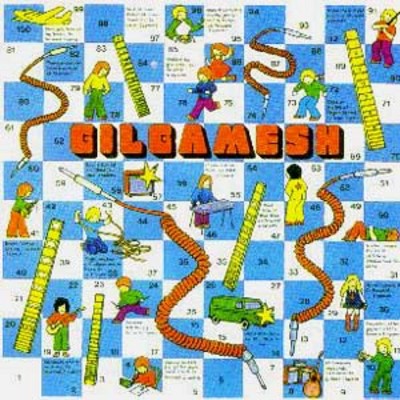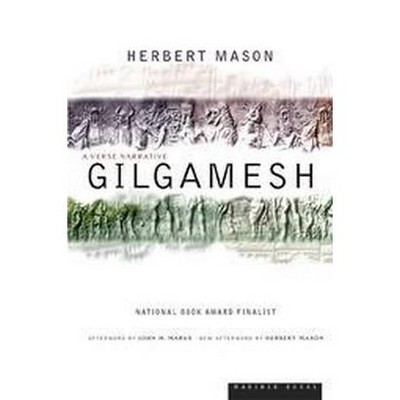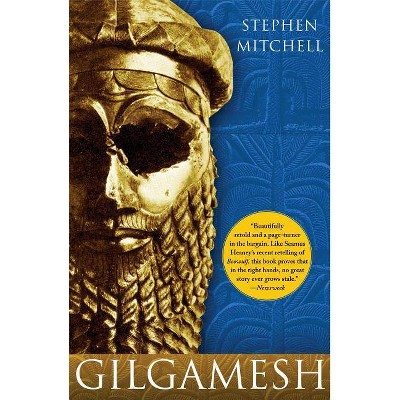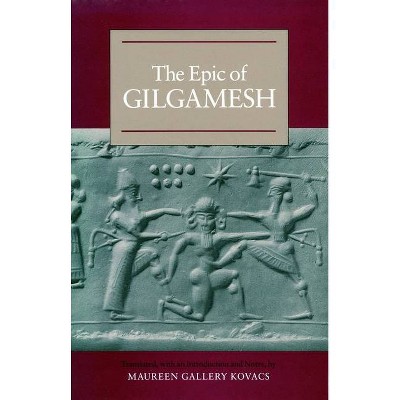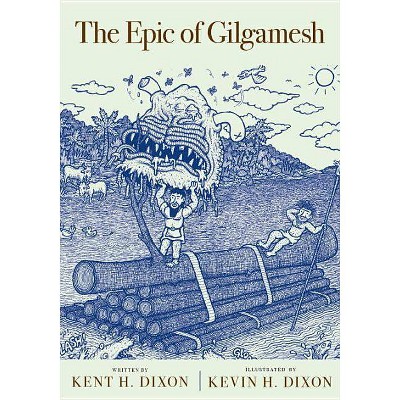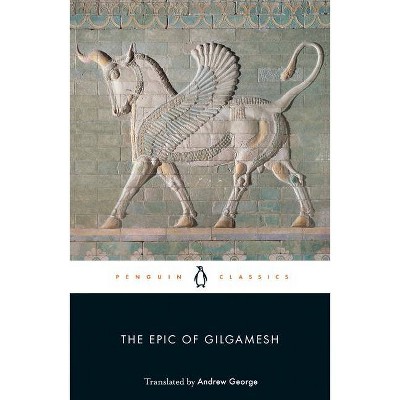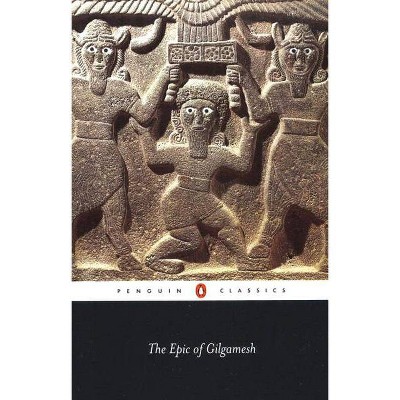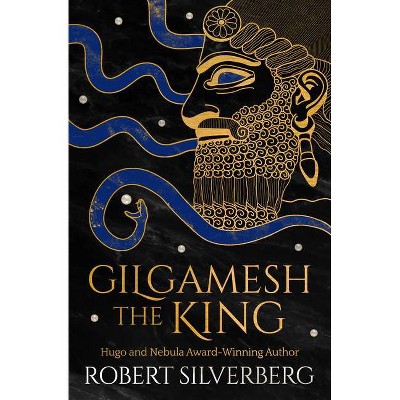Gilgamesh - by David Ferry (Paperback)
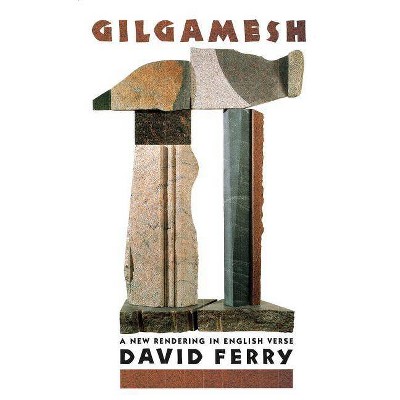
Similar Products
Products of same category from the store
AllProduct info
<p/><br></br><p><b> Book Synopsis </b></p></br></br><p>A new verse rendering of the great epic of ancient Mesopotamia, one of the oldest works in Western Literature. Ferry makes <i>Gilgamesh</i> available in the kind of energetic and readable translation that Robert Fitzgerald and Richard Lattimore have provided for.</p><p/><br></br><p><b> Review Quotes </b></p></br></br><br><p>"Ferry's version [of <i>Gilgamesh</i> will] become the standard English text." --<i>Fred Marchant, The Harvard Review</i> <p/>"There have been other English accounts of this hero with a thousand descendants, but this is the first one that is as much poetry as scholarship." --<i>Michael Dirda, The Washington Post Book World</i> <p/>"Ferry's skill brings a fresh interpretation to the power of<i> Gilgamesh</i>." --<i>John Ray, The Times Literary Supplement</i> <p/>"Ferry's <i>Gilgamesh</i> is uniquely his own, self-contained in holding aloof from fads and hype. No display of adjectival fireworks could do justice to his poem's originality or to the integrity of the poet's formal invention. In identifying the poem as Mr. Ferry's, I mean no disrespect to Sin-leqe-unninni, the ancient poet-editor that Babylonian tradition credits as having developed to their highest form the epic adventures of Gilgamesh, King of Uruk, and his companion, Enkidu. But like Edward Fitzgerald's <i>Rubaiyat</i> or Ezra Pound's <i>Cathay</i>, Mr. Ferry's <i>Gilgamesh </i>is a miraculous transformation of his original into his own, utterly distinctive idiom . . . Perhaps the poem's most moving element is how the desire for fame is superseded, after the death of Enkidu, by a quest that touches every reader, ancient or modern. . . the wish for physical immortality . . . [Ferry's] technical genius and literary sophistication evoke not only the hero's anguish, but the rage and despair of the untouchable." --<i>Tom Sleigh, The New York Times Book Review</i> <p/>"The Gilgamesh epic . . . came to light again in the mid-19th century and, thanks to the labors of an arduous, exacting philology, slowly began to assume its place as one of the great poems of the world. Hitherto, however, it has existed only in posse, waiting for a poet who could actualize it. David Ferry has performed this service, and has given us a noble poem as close to the ancient original as we in our ignorance have any right to. May his achievement quickly win the recognition it deserves." --<i>D.S. Carne-Ross, The New Criterion</i></p><br><p/><br></br><p><b> About the Author </b></p></br></br><p><b>David Ferry</b>, a finalist for the National Book Critics Circle Award in Poetry for his translation of <i>Gilgamesh</i> in 1992, has translated <i>The Odes of Horace, The Eclogues of Virgil, </i>and the <i>Epistles of Horace. </i>For <i>Of No Country I Know: New and Selected Poems and Translations </i>he won the Lenore Marshall Poetry Prize, given by the Academy of American Poets, and the Rebekah Johnson Bobbitt National Prize for Poetry, given by the Library of Congress. In 2001 he received an Award in Literature from the American Academy of Arts and Letters, and in 2002 he won the Harold Morton Landon Translation Award. He is the Sophie Chantal Hart Professor of English Emeritus at Wellesley College.</p>
Price History
Cheapest price in the interval: 11.99 on November 8, 2021
Most expensive price in the interval: 11.99 on December 20, 2021
Price Archive shows prices from various stores, lets you see history and find the cheapest. There is no actual sale on the website. For all support, inquiry and suggestion messages communication@pricearchive.us
